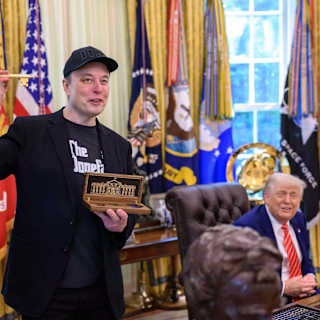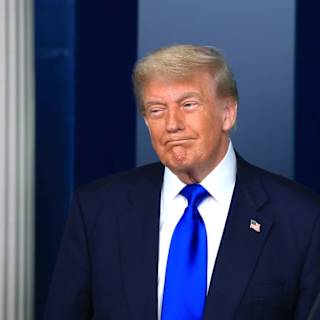- Talks Resume After Months of Stalemate
- Trade Tensions Derailed Spring Agreement
- Legal Deadline Looms
President Donald Trump said Friday that the United States will begin discussions with China as early as Monday about a TikTok divestiture deal, telling reporters the two nations "pretty much have a deal" regarding the short-video platform's future.
Speaking to reporters aboard Air Force One, Trump indicated talks with Chinese President Xi Jinping or his representatives would commence July 7 or 8, marking the latest attempt to resolve the fate of the popular app that has been caught in a web of national security concerns and trade tensions.

Trump expressed cautious optimism about securing Chinese approval for the arrangement, though he acknowledged uncertainty about Beijing's willingness to cooperate. "I'm not confident, but I think so," Trump told reporters1. "President Xi and I have a great relationship, and I think it's good for them. I think the deal is good for China and it's good for us."
The president's comments come after he extended the divestiture deadline to September 17 last month, giving ByteDance, TikTok's China-based parent company, additional time to complete a sale of its U.S. assets12. Trump has now granted three extensions since taking office, each time citing progress toward a potential agreement3.
The current push to revive negotiations follows the collapse of a near-complete deal earlier this year. According to Politico, the White House had finalized an arrangement to transfer TikTok's U.S. operations to a new American-majority entity when Beijing withdrew its support1. The reversal came just one day after Trump announced steep tariffs on Chinese goods in April, effectively using the TikTok approval as leverage in broader trade discussions12.
The spring agreement would have created a new U.S.-based firm, majority-owned and operated by American investors, while allowing ByteDance to retain a minority stake34. Vice President JD Vance had been leading the negotiations with potential investors and ByteDance representatives2.
A 2024 law requires TikTok to cease U.S. operations unless ByteDance demonstrates progress toward divestiture or completes a sale to non-Chinese stakeholders1. The legislation, upheld by the Supreme Court, was designed to address national security concerns about Chinese access to American user data.
Trump, who credits TikTok with boosting his support among young voters in the 2024 election, faces growing Republican frustration over the repeated delays2. The September deadline represents both sides' final window to reach an agreement that could preserve TikTok's U.S. operations while satisfying congressional mandates.



